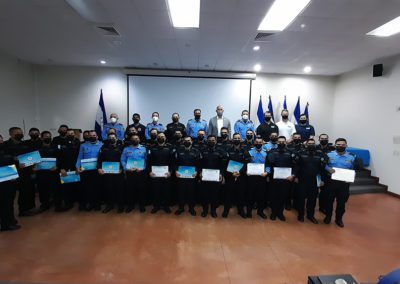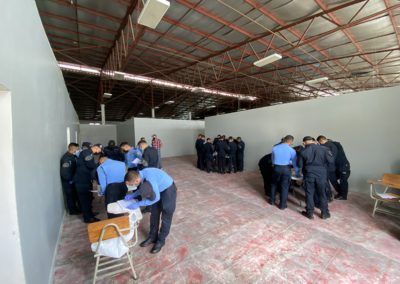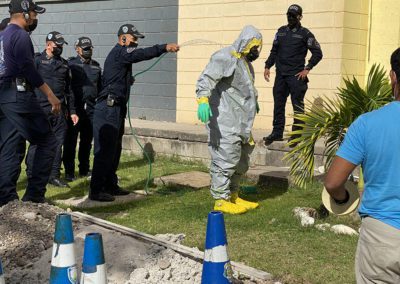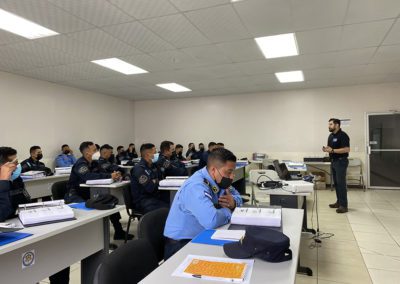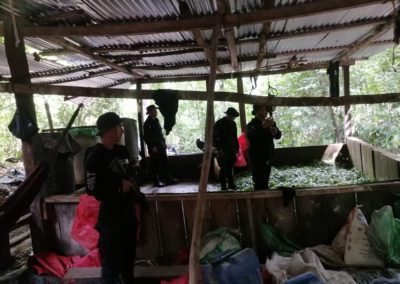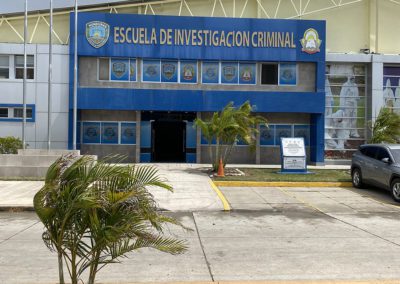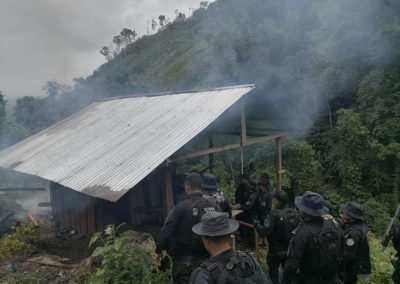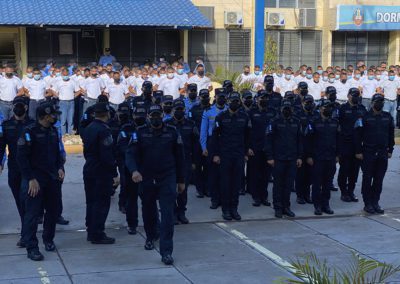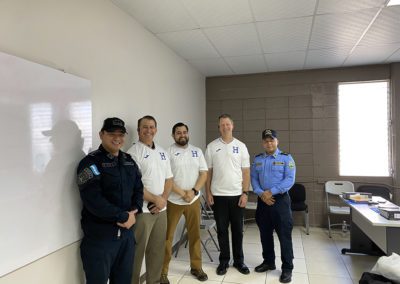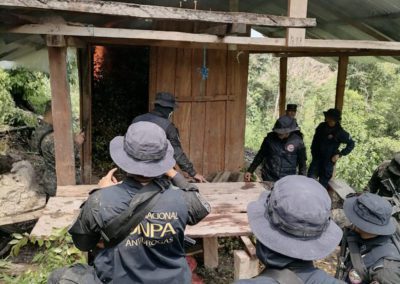
Case Study | Clandestine Laboratory
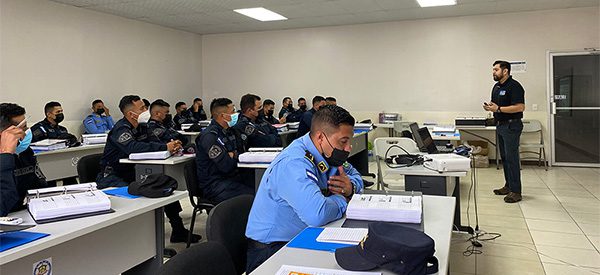
NES Takes Clandestine Laboratory Training to Honduras
In February 2022 the NES Clandestine Laboratory Department successfully conducted four core safety training programs for local law enforcement personnel in Comayagua, Honduras.
Industry: Law Enforcement
Company Size: N/A
Location: Comayagua, Honduras
The Challenge
To prepare for delivering relevant and accessible training to a Spanish-speaking audience, the program materials first had to be updated to emphasize the particular types of narcotics and labs that were currently being encountered in the region. These program materials comprised approximately 3,000 PowerPoint slides, two 80-page NES field guides, and an assortment of course exercises, all of which needed to be translated to Spanish.
Additionally, on-site interpreters for the course instruction and a litany of equipment (PPE, facemasks, Dräger tubes, sampling papers, etc.) had to be sourced and sent to the training location to support the project.
The NES Solution
NES subject matter experts set to work researching and updating program materials and completed the rigorous process of preparing the vast amount of content for translation. NES commissioned professional Spanish translators and identified a web-based application solution designed to facilitate translation of PowerPoint, Word, and InDesign files. The translated files were then reviewed by Spanish-speaking NES staff to ensure preservation of technical accuracy through the translation process.
For the equipment needs, NES leveraged its relationship with a key vendor to source multiple pallets of equipment and liaised with personnel at the U.S. Embassy in Tegucigalpa, Honduras to arrange for the materials to be shipped to Tegucigalpa and then conveyed to the training venue in Comayagua. Thanks to the diligent and tireless efforts of all involved, the project was a tremendous success!
Training conducted in Honduras by NES yielded great results with regards to developing the competency and protecting the health and safety of those trained and promptly inspired profound demand for more training from Honduras as well as a diverse array of additional countries around the globe.
“Wherever they operate, first responders can be exposed to life-threatening hazards, and many countries lack the infrastructure to furnish critical training and equipment. As a result of this project, NES was able to help ensure the safety of Honduran law enforcement.”
– Brian Escamilla, NES Clan Lab Program Manager

